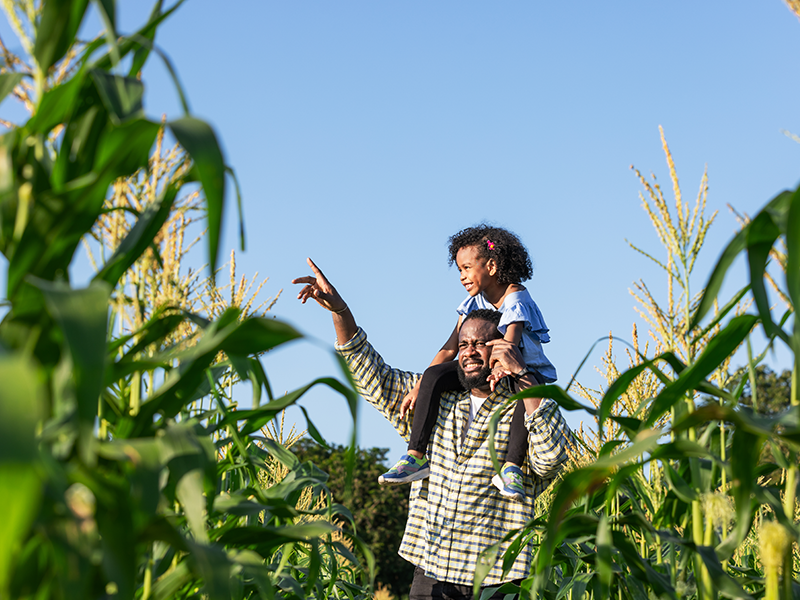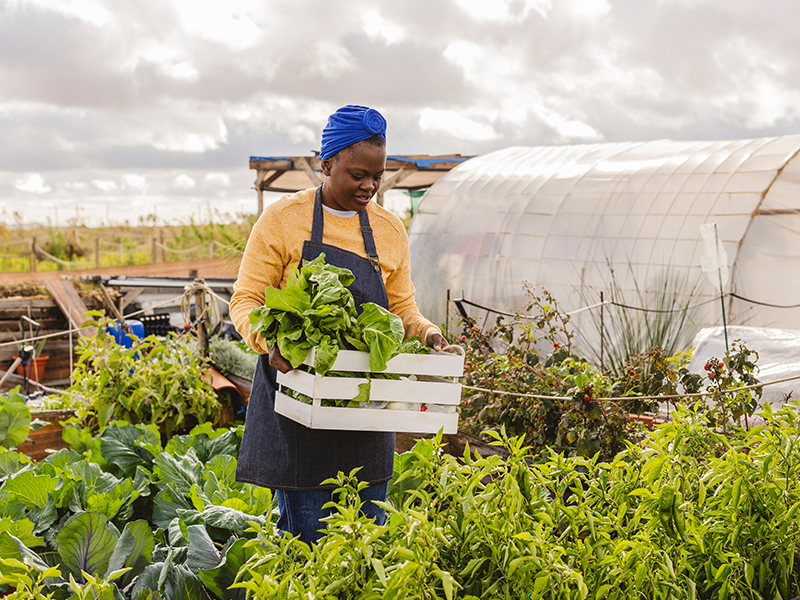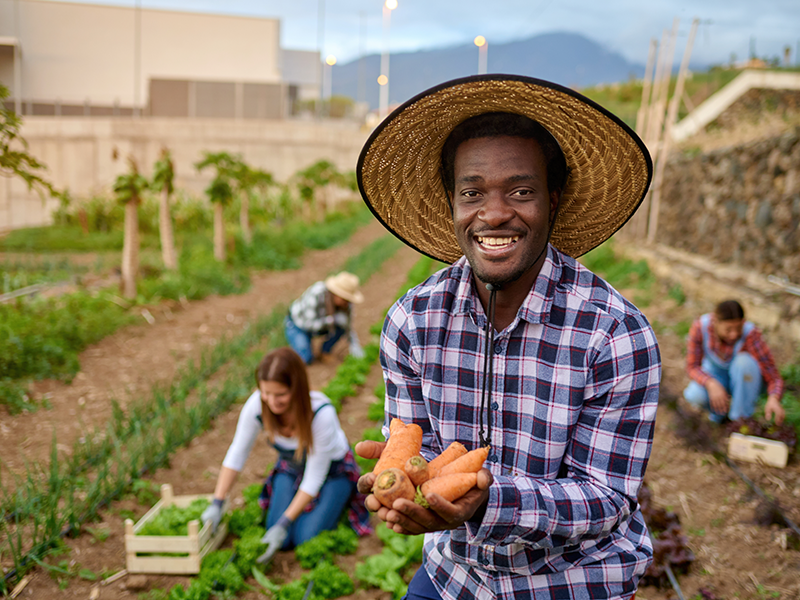The Next Season of Innovation Is Taking Root in African Agriculture

Deep in the interior of Kano, Nigeria, a tractor rumbles through a field that, just a few years ago, would have been tilled by hand.
The machine, however, is not owned by the landowner. Instead, it was hired through Hello Tractor, a mobile app that links tractor owners with smallholder farmers in need. For farmers, the service means crops are planted on time, and for the owners, it means income from a machine that might otherwise sit idle.
This innovation is particularly significant in Nigeria, where mechanisation levels remain among the lowest in Africa. The country has just 5–7 tractors for every 10,000 hectares of land, far below the FAO’s recommended levels. With about 80 million hectares of arable land, less than half of which is cultivated, this gap in tractor availability severely limits productivity. Hello Tractor helps bridge that gap by making existing machinery more accessible and efficient.
Scenes like this, where technology is linking farmers to services they would previously struggle to access, are becoming commonplace across Africa. In Kenya, eGranary, a mobile-based platform, gives farmers direct access to buyers, inputs, and even credit. Instead of relying on middlemen who take the lion’s share of profits, farmers can now see transparent prices and negotiate on fairer terms. As a result, what begins with a farmer’s phone leads to higher incomes and stronger bargaining power for rural communities.
Meanwhile, precision farming tools are beginning to change the reality of agriculture being at the mercy of weather and soil. With satellite data and localised weather forecasts delivered via SMS, farmers can now make more informed choices about when to plant or which fertiliser to apply. In regions where a single missed rainfall can determine the fate of a season, such insights mean survival.
These advancements illustrate how technology is steadily reshaping the agricultural value chain, from the way food is grown to how it is traded and consumed. Yet the challenge remains: ensuring innovation reaches the millions of smallholder farmers who sustain Africa’s food systems.
That challenge was front and center at the 2025 Africa Food Systems Forum in Dakar, Senegal, where policymakers, businesses, and farmer organisations gathered to take stock of the continent’s progress. Among the strongest revelations was that while digital tools are expanding rapidly, uptake among women and youth remains uneven, creating a new kind of digital divide that risks entrenching inequality. At the same time, delegates celebrated how farmer-led innovations, including youth-led input delivery startups, are proving that when given the right support, African solutions can outpace imported models.
The forum also underscored that technology alone cannot deliver transformation without investment in infrastructure and trust. Roads, storage, and reliable electricity were repeatedly cited as the missing links between farm-level innovation and real market impact.
Another outcome was a renewed commitment by governments to harmonise policies on digital agriculture, aiming to cut down barriers that prevent tools from scaling across borders. Perhaps most striking was the consensus that Africa’s food future will hinge less on isolated success stories and more on building ecosystems where science, finance, and farmer knowledge converge.
It is in this regard that global and regional partners showcased their contribution in bridging the gap between science and practice. Companies like Yara and OCP Africa, for instance, are developing soil-specific fertilisers that deliver precise nutrients while avoiding waste. At the same time, they are investing in farmer training and digital advisory tools to make sure knowledge translates into real results in the field.
The ultimate task now, as the Dakar forum concluded, is to ensure that progress does not stop at the edge of the village, but penetrates within, so that smallholders are not just passive recipients of technology, but active architects of a modernized African agriculture.



